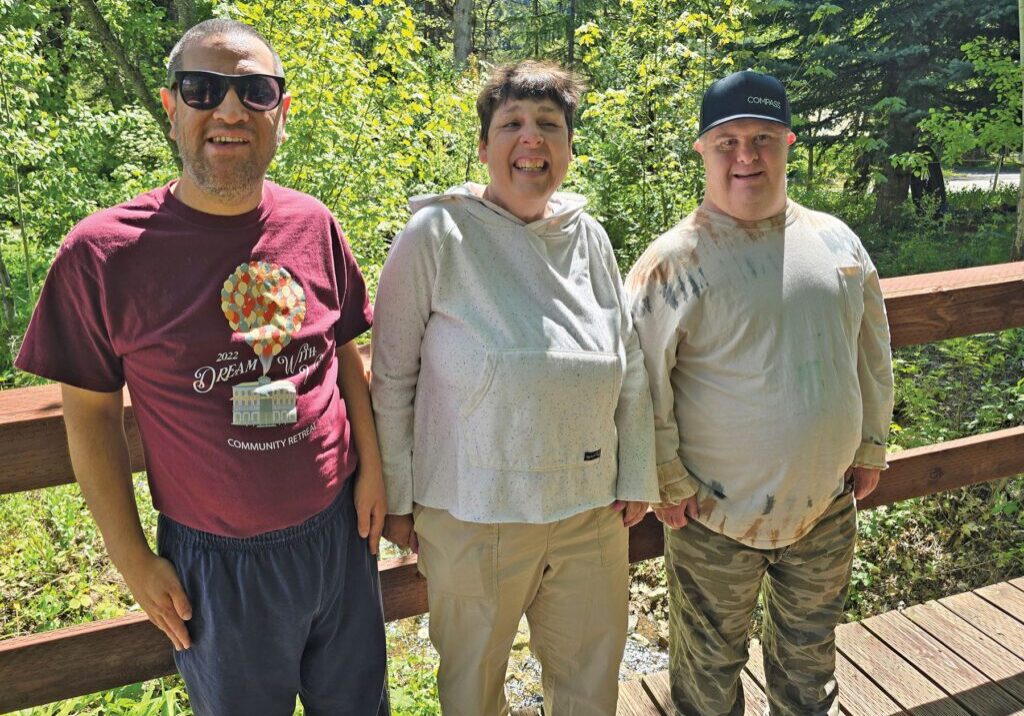School is out, which means many families will take advantage of this time to plan getaways. Traveling with young kids is always an adventure, but traveling with medically complex kids, those with limited mobility, or neurodivergent kids who may have sensory or behavioral issues presents its own challenges. Because of this, many parents of children with special needs prefer road trips to air travel when planning a family vacation.
The pros and cons of road trips
There are pros and cons to every type of travel, and taking a road trip with a child who has many medical needs means there is lots to consider.
On the plus side, driving allows you to pack more supplies and make numerous stops whenever needed. You can also customize your route and stop to explore popular attractions or stop at a rest area to stretch your legs.
Road trip excursions can help kids work on their social skills, get them out of their comfort zone, ignite their curiosity, give them valuable life experiences, and help create memories that will last a lifetime.
On the negative side, road trips don’t have much room for spontaneity, and parents of medically complex kids are sometimes limited to destinations close to medical facilities.
Discuss travel plans with your doctor and review your health insurance
For kids with chronic illness or a medically complex condition, it’s always good to discuss any travel plans with your pediatrician or pediatric specialist.
If you’re leaving the state, you may want to ask for a letter describing your child’s diagnosis and protocols in case of an emergency. Keep a list of emergency contacts such as their primary care doctor and a list of all their current medications. Ask your doctor if she has recommendations for medical facilities or specialists in the area you plan to visit. This will make it easier to get medical assistance if your child has an emergency while on the road. Make sure to review your health insurance policy and check the requirements for out-of-state hospital visits.
Do your research for accommodations
When taking a trip with a child who has special needs, it’s vital to pick a location that’s both accessible and has accommodations you may need, such as a refrigerator for medication or a kitchenette to prepare meals. It’s essential to research accommodations before you take off, so there is little chance for unpleasant surprises.
Prepare and plan long before departure
For families of kids with special needs, a road trip begins long before the departure date. When children with developmental disorders have a change in their surroundings or routine, it can cause anxiety, which often leads to meltdowns. Transitions are difficult for many kids with ADHD, autism, and other developmental disabilities, so preparation before the trip will go a long way.
Start talking about the trip with your child as soon as you can. Social stories are an excellent way to help prepare for a change in routine and know what to expect during the trip.
If your children are able, let them have some input on aspects of the trip such as where to stop to eat, sights to see, or attractions to visit.
As the departure date gets closer, have them pack a “car bag” with favorite small toys, book, and DVDs. Help older kids make a list of essentials they need to pack, such as clothes and toiletries, and have them check the list off as they go. It’s a good idea to keep that list, especially if you have multiple destinations and have to repack bags.
Tips from one who’s been there — many times
Our family has two kids with significant medical and developmental disabilities, and we’ve taken countless road trips over the past decade. Our trips have been anywhere from 300 miles to more than 6,000, and over the years, we’ve learned many tips and tricks by trial and error. I’m happy to pass these on to make another family’s travels a little smoother.
- Determine ahead of time where you’ll make most of your stops and double-check that you know the locations. You may want to plug the information into your GPS before you leave.
- Keep a list of places you want to visit in a file that you can access from your phone. Google Drive is an excellent tool for this. Note down information such as website addresses and hours.
- Find out as much as you can about the places you want to visit. Many bigger amusement parks can be crowded and overstimulating to kids with sensory issues. Check to see if they have special “quiet” areas in case your child needs a break.
- Research restaurants in the area of your destination and around your stops on the road. I’ve checked out menus online beforehand to make sure there was something my kids would eat.
Live in the moment and expect the unexpected
Realistically, no amount of preparation can guarantee that everything will run smoothly during the trip. I’ve learned over the years to expect the unexpected and that if something does happen, all you can do is deal with it in the moment and try not to let it get you down
Posted in: Special Needs, Uniquely Us
Comment Policy: All viewpoints are welcome, but comments should remain relevant. Personal attacks, profanity, and aggressive behavior are not allowed. No spam, advertising, or promoting of products/services. Please, only use your real name and limit the amount of links submitted in your comment.
You Might Also Like...

Supporting Kids with Invisible Disabilities
This month is Mental Health Awareness Month and it’s the perfect time to gain a better understanding of invisible disabilities and how to best support the children who live with […]

Could Your Child’s Reading Difficulty be Dyslexia?
Children learn to read at their own pace, but if your child is struggling to make significant progress compared to their peers, it may be possible they have a reading […]

Parental Advocacy and a Supportive School Environment Set the Stage for Success
When raising a child with special needs, advocacy becomes second nature. It starts with speaking up for your child’s needs at home and then expands to schools, doctor’s offices and […]

COMPASS Offers Innovative Services for Adults with Disabilities
Living independently presents numerous challenges for adults with disabilities, including the management of medications, therapies and medical equipment, as well as navigating limited mobility, transportation barriers and safety concerns. The […]





